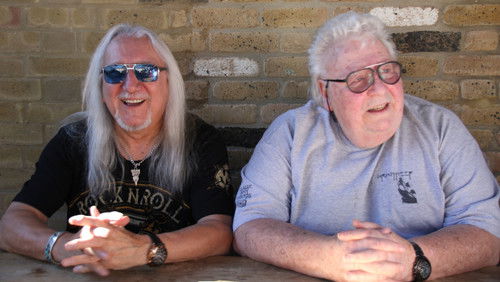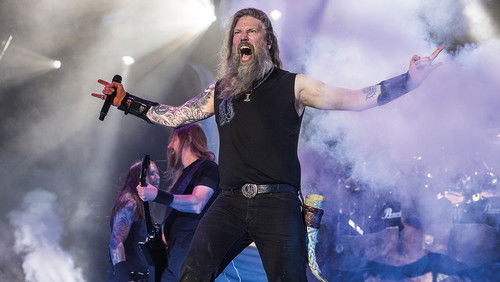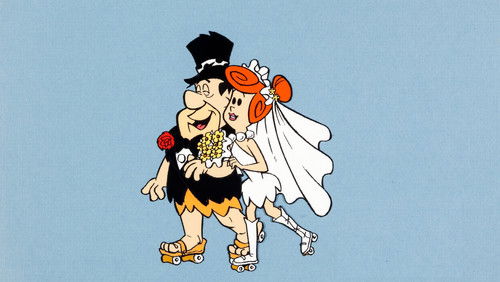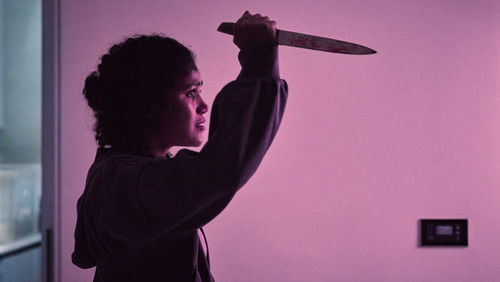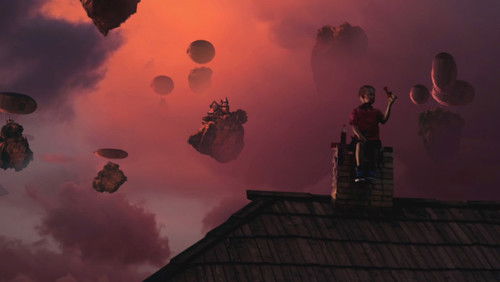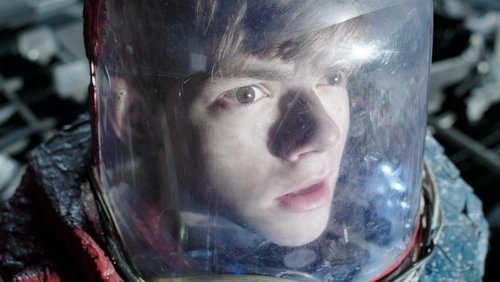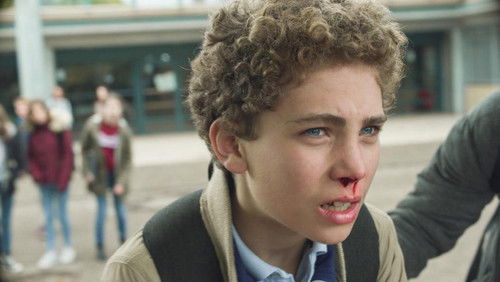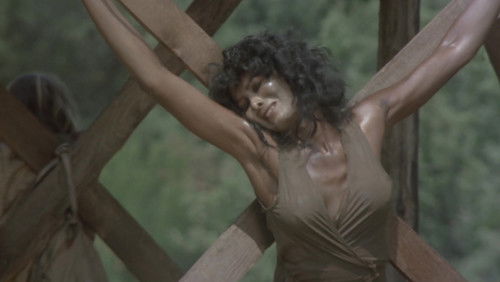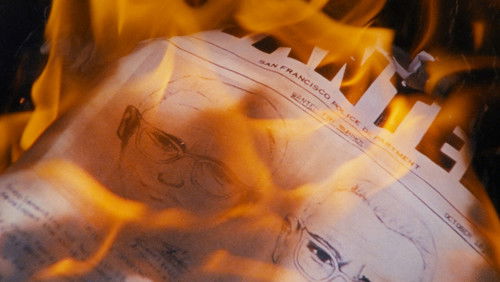Don't Think I've Forgotten: Cambodia's Lost Rock & Roll (2014)
9KDon't Think I've Forgotten: Cambodia's Lost Rock & Roll (2014). 1h 45m | K-12
“***Recommend coolyaron10u0026#39;s remarks. (u0026quot;A fascinating insight into an obscure historyu0026quot;, coolyaron10, 12 January 2014).***u003cbr/u003eu003cbr/u003eu0026quot;Donu0026#39;t Think Iu0026#39;ve Forgotten: Cambodiau0026#39;s Lost Rock and Roll (2014, John Pirozzi),u0026quot; a documentary showing a countryu0026#39;s descent into barbarism, is very moving. Essential viewing, it should have been recognized by the 85th Academy Awards?. Cambodiau0026#39;s transition from a modernizing Eastern country being energized by Western pop culture to a worse place than Hell should be remembered, particularly in the country which is responsible for so much of the destruction.u003cbr/u003eu003cbr/u003eNine years in the making, u0026quot;Forottenu0026quot; describes how Cambodiau0026#39;s independence from France in 1953 led to the King Norodom Sihanouk era. Sihanouk comes off here as a benevolent dictator. Himself a singer and from a family with a passion for the arts, Sihanouku0026#39;s culturally progressive but politically repressive regime was in contradiction. Sihanouk managed to keep Cambodia neutral for years, keeping a low profile during the conflicts between the Eastern powers and the US. u003cbr/u003eu003cbr/u003e(For a detailed examination of Cambodia, I recommend the writing of Noam Chomsky? and Edward S. Herman?. Chomsky and Herman argue that the US deliberately bombed Cambodia to the Stone Age in order to create the conditions for the Khmer Rouge to form. The idea that the architects of the war were trying to create a monster like Pol Pot is seldom expressed in public even today. While u0026quot;Forgottenu0026quot; does not spell everything out, it shows US bombers dropping their payload. Many flag-waving Americans believe July Fourth is not an appropriate day for this conversation. My personal belief is that criticism of the US militaryu0026#39;s propensity to bomb the crap out of small nations is one of the more patriotic ways to mark Independence Day.)u003cbr/u003eu003cbr/u003eMuch of the filmu0026#39;s running time focuses on the beautiful music between 1953 and 1975. Cambodia embraced Cuban jazz, pre-Beatles pop stars, the Rolling Stones and later, Santana. (What about the Beatles?) Often the Cambodian rockers lifted the western songs completely, adding Khmer lyrics to them. Other times, they produced sublime ballads featuring duets between leading male and female singers. The fresh and strange quality this music brings to Western ears is one of the great delights of this film.u003cbr/u003eu003cbr/u003eThe leading musical figure was Sin Sisamuth?, who remained at the top throughout the period in question. Sisamouth achieved national standing with exquisitely presented ballads, some of which he wrote. As Western music changed in the 1960s, so did Sisamouth; he was experimenting with jazz and garage rock when not singing duets with lovely Cambodian singers. We hear fragments of the duets. Sisamouth paired with the enchanting Ros Sereysothea? is of particularly high quality, and must be heard to be believed.u003cbr/u003eu003cbr/u003eThe people who are interviewed represent a variety of economic stations. All of them, including two US officials, seem to be burdened with the memory of u0026quot;The Killing Fieldsu0026quot; (as the Khmer Rougeu0026#39;s bloody reign is often called). This is a small spoiler, but the film concludes with Phnom Penh? today. Life goes on, and hopefully the future there will know great culture without authoritarian backlash.u003cbr/u003eu003cbr/u003eu0026quot;Donu0026#39;t Think Iu0026#39;ve Forgotten: Cambodiau0026#39;s Lost Rock and Roll,u0026quot; is a vital, mesmerizing documentary.”

